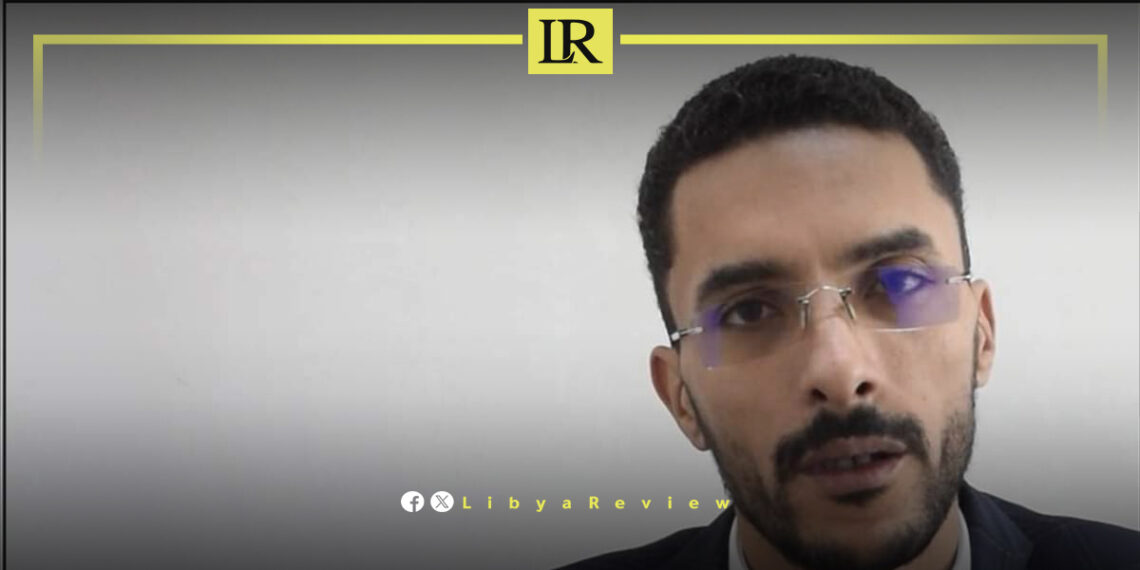The Chairman of the National Institution for Human Rights in Libya (NIHRL), Ahmed Hamza, criticized the Government of National Unity (GNU) under Abdel-Hamid Dbaiba for its inability to safeguard citizens during recent violent clashes near the Al-Zawiya Oil Refinery.
In a statement shared on his Facebook account, Hamza denounced the ongoing violence and lawlessness in Al-Zawiya, lamenting the harm caused to residents. “How long will this recklessness with the lives, safety, and security of the population continue, as these outlaws and criminals wreak havoc in the city?” he wrote.
Hamza further accused the GNU of turning a blind eye to the chaos, asserting that it has “proven its utter failure to protect the safety and security of citizens from such heinous and criminal acts against the people of this devastated city.”
The clashes between rival militias have left the city reeling, with medical sources confirming an initial toll of one fatality, identified as Khairi Al-Hangari, and 15 others injured. The violence has intensified concerns over the lack of governance and security measures in the region.
The Al-Zawiya Oil Refinery, a critical facility for Libya’s energy sector, remains a focal point of the conflict, with the surrounding area enduring significant turmoil. Calls for decisive action to restore order and hold perpetrators accountable are mounting.
This incident adds to the growing criticism of the Dbaiba-led GNU, which has faced repeated accusations of failing to maintain stability in key regions of Libya.
Libya has been in chaos since a NATO-backed uprising toppled longtime leader Muammar Gaddafi in 2011. The county has for years been split between rival administrations.
Libya’s economy, heavily reliant on oil, has suffered due to the ongoing conflict. The instability has led to fluctuations in oil production and prices, impacting the global oil market and Libya’s economy.
The conflict has led to a significant humanitarian crisis in Libya, with thousands of people killed, and many more displaced. Migrants and refugees using Libya as a transit point to Europe have also faced dire conditions.
The planned elections for December 2021 were delayed due to disagreements over election laws and the eligibility of certain candidates. This delay has raised concerns about the feasibility of a peaceful political transition.
Despite the ceasefire, security remains a significant concern with sporadic fighting and the presence of mercenaries and foreign fighters. The unification of the military and the removal of foreign forces are crucial challenges.


